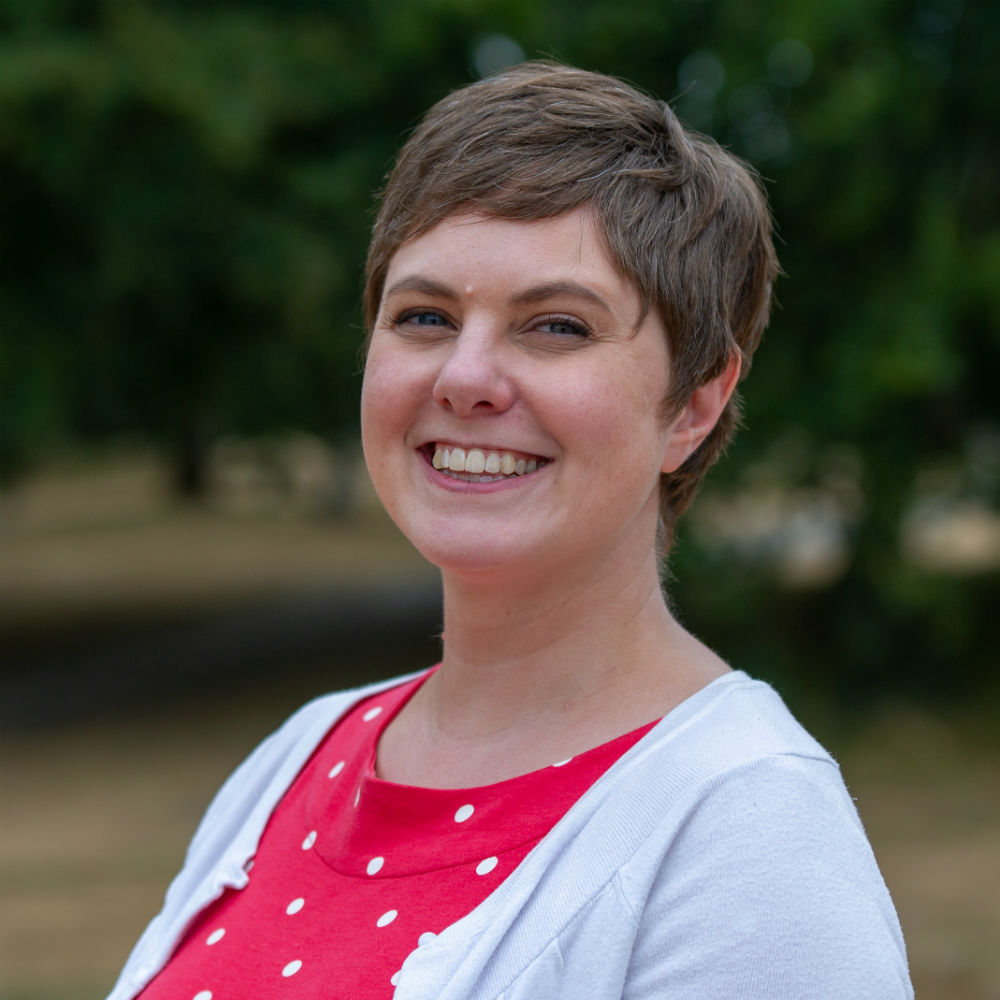This project is home to an international group of scholars and enthusiasts who are committed to improving free online access to historical archives and quality contextual information.
Dr Lisa Smith is a founding member of the Early Modern Recipes Online Collective, an international group of scholars and enthusiasts who are committed to improving free online access to historical archives and quality contextual information.
We see the importance of linking hundreds of manuscript recipe books in repositories that may be thousands of miles apart, as well as creating a space for dialogue about the ideas and research generated around these texts. This long-term project includes scholars, students and the general public in the preservation, transcription and analysis of recipes written in English from circa 1550-1800. The ultimate goal is an accessible and searchable corpus of recipe books currently in manuscript.
By enabling users to search by ingredient, date, process, person, disease, and type, we will be able to learn a lot about how early modern people interacted with each other and with their environments.
Working in collaboration with the Folger Shakespeare Library’s Early Modern Manuscripts Online project and Zooniverse’s Shakespeare’s World project, EMROC members lead students on a growing number of US, Canadian, and European campuses to create tagged transcriptions of early modern English recipe texts. Since 2015, EMROC has hosted an annual transcribathon attracting hundreds of participants from all around the world.
The project has received support from the Max Planck Institute of the History of Science (Berlin), Folger Shakespeare Library, Abington College, University of Colorado Colorado Springs, University of Akron, University of Saskatchewan, and University of Essex. Essex students have written about their participation in EMROC-related projects: The Digital Recipe Book Project, The Baker Project, and Old Timey Winey.
EMROC Essex lead Dr Lisa Smith is also Co-Investigator with Rachel Rich (Leeds Beckett) and Adam Crymble (UCL) on a British Academy funded research project, European Cuisine and British Identity in the Age of Nationalism, 1760-1837.
This project explores the contradiction between an apparent ambivalence towards Europe and a fervour for continental flavour through a consideration of British diets and the adoption of European fare during the first age of nationalism (1760-1837). Drawing on the royal menus of two ethnically German kings (George III & IV), alongside middle-class recipe books from the Regency period, this project centres food within debates about Britishness and European identity.
In the process, it challenges a historiography that focuses on Britain’s wars with France and disdain for Catholicism as the root of British identity, and instead demonstrates the centrality of food in the invention of national identities on both sides of the Channel. This project is a response to current debates, showing that cultural practices surrounding food have long rooted Britain firmly within Europe.





